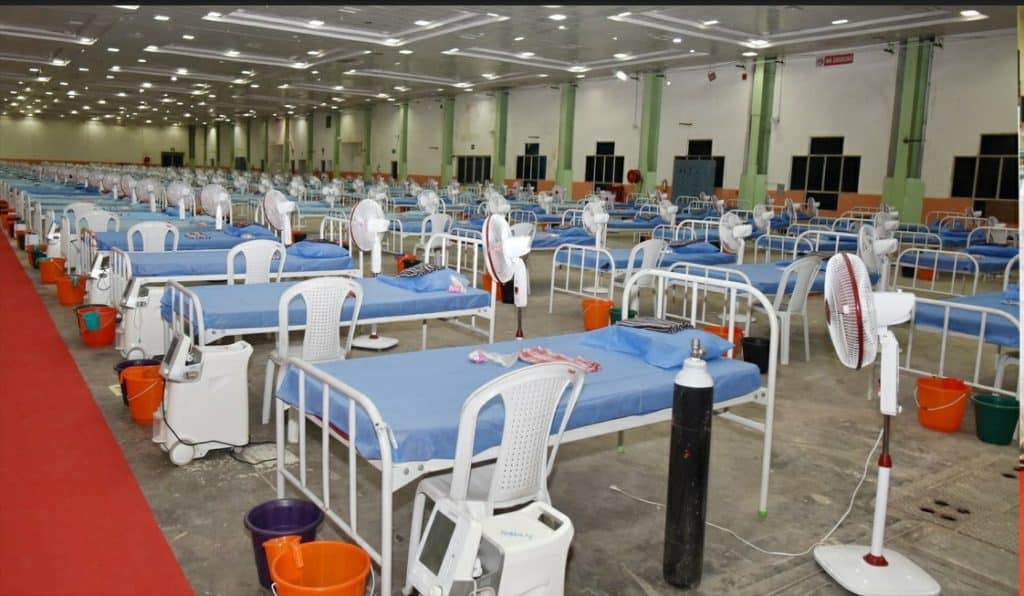Let’s face it – our city administration has done a magnificent job over the last two years trying to keep the pandemic within control. We have emerged better than some other metropolises though that does not mean we have been exemplary. But yes, we can commend our performance. Which is why, in the light of all this, we did seem to detect something of a flap in the last two weeks before matters righted themselves once more.
Of course, with numbers continuing to rise we need to watch the ground situation more closely. And in that, perhaps we can avoid the confusions that did seem to reign for a while.
Read more: Mitigating the third COVID wave: Five communication strategies to follow
Changes to isolation policy
It all began with a sudden announcement to the effect that all those who tested positive for COVID – be they symptomatic or asymptomatic, needed to be compulsorily hospitalised for a period of 14 days. This was when the Covid figures for the city had suddenly registered a sharp upward tick and those trying to make sense of the announcement were left wondering as to where hospital beds in such large numbers were to emerge from.
That famous Christmas Day announcement, ostensibly to check on the rise of the latest Omicron variant, was soon retracted, with even a sub-story to the effect that the officer behind the release had been since pulled up. But it did cause enough confusion with many people with mild symptoms resolving not to get tested.
Thereafter, we swung to the other extreme – it was advised that all those with mild or no symptoms need not get tested at all. This seemed to come under the head of throwing caution to the winds. Firstly, it is very unlikely that those with no symptoms would even want to get themselves tested. As for those with mild conditions how would they get to know if they had COVID at all without getting tested?
Anyway, the net result has been a sharp drop in the numbers getting tested and many with mild symptoms have been going around happily claiming that they are afflicted with the common cold and nothing more. They are in all probability, spreading the virus far and near. A more important outcome is that the daily list of COVID cases as released by the Corporation is now more or less meaningless – after all the public has been told it need not come forward and test.
Read more: Third COVID wave in Chennai: Treatment protocol and other details you need to know
Rationale behind measures unclear
In the previous two waves, one of the reasons why we were fairly certain about the COVID statistics was the aggressive testing that was being done by the civic body. If that is now to be soft-pedalled, it puts the entire fight against the virus into jeopardy.
Lastly, while we are sure that the city administration has done its homework before taking certain steps, we would certainly like to know the reasons behind Sunday lockdowns and night curfews. If it is to give an overworked administration a much-deserved break, we are all for it. We do know that the last two years have been very tough on frontline workers of all kinds and that is just not those in the health sector alone. But are we expected to believe that night curfews and Sunday shutdowns actually break the chain of Corona transmission?
That connection if any, seems exceedingly far-fetched and stretches credulity. It would be far better if the administration went back to containment zones, cracking down on face and hand protection and above all continued without let up on testing. All of this apart from making sure that vaccinations continue apace. Other than those key factors, everything else falls under hocus pocus which we as a modern city may well avoid.
[This story was first published on Madras Musings. It has been republished with permission. The original article can be found here.]
